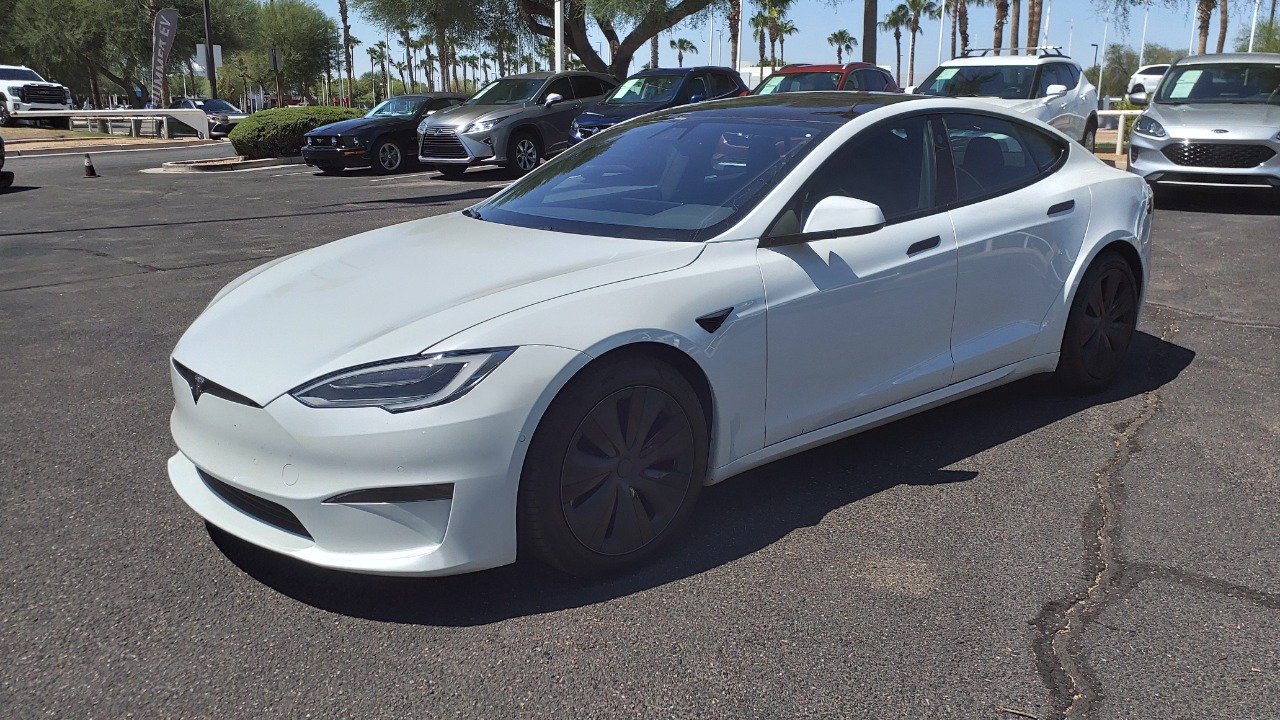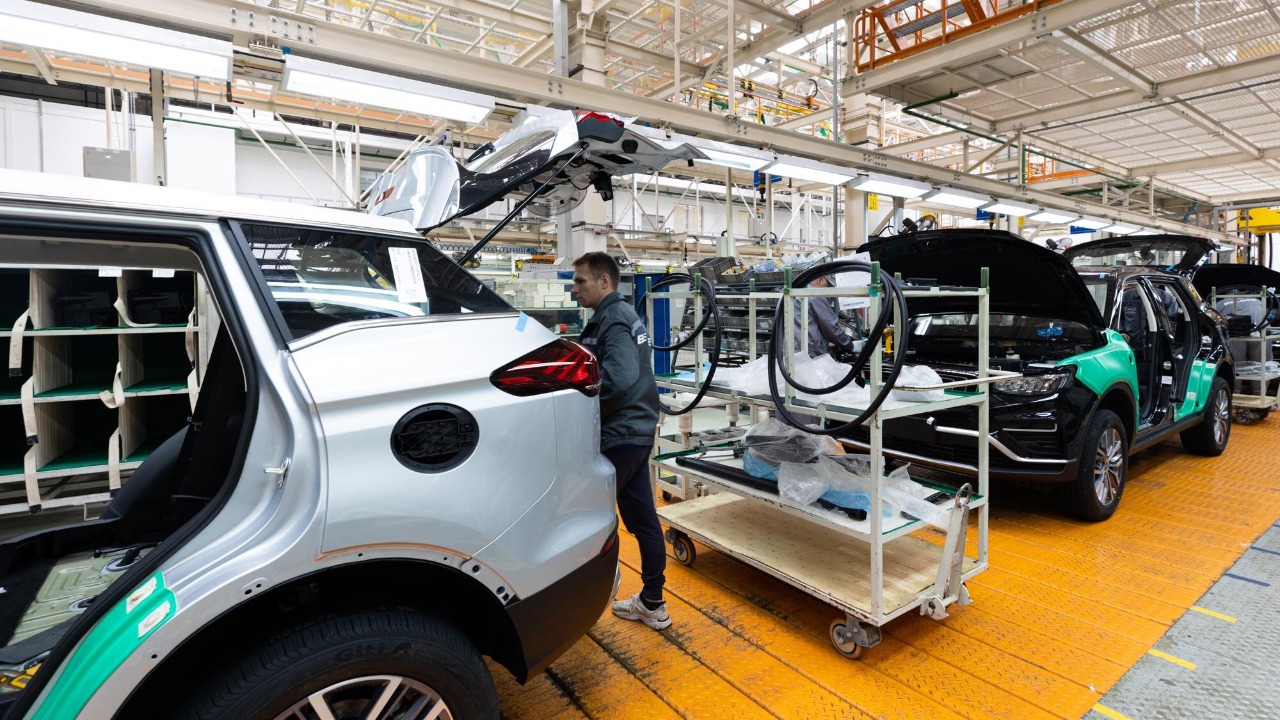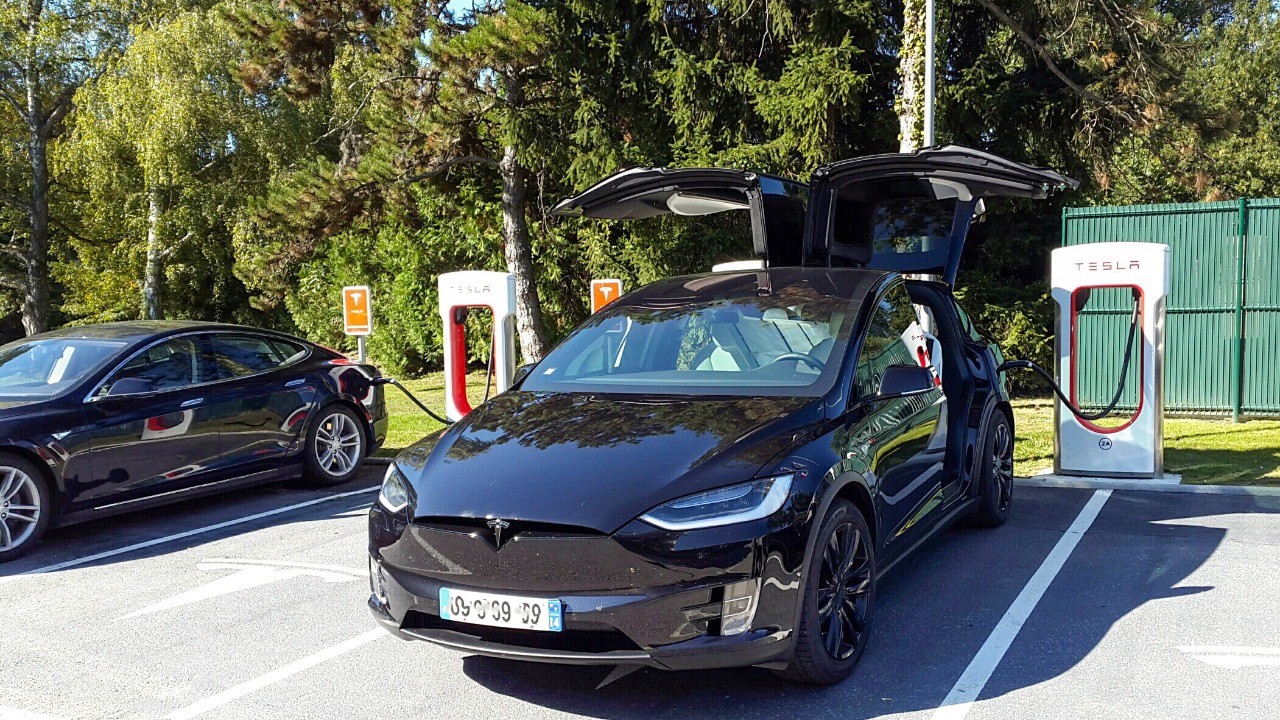A significant shift has been observed in the preferences of European Union (EU) consumers regarding cars. As of September 2025, they no longer favor American-made vehicles, marking a notable change in the automotive market.
Historical Preference for American Cars in EU

For many years, American-made cars have enjoyed a strong presence in the EU market. The allure of these vehicles has been rooted in their innovative design, advanced technology, and perceived reliability. Major American car manufacturers, such as Ford, General Motors, and Tesla, have traditionally dominated the EU market, with their models becoming a common sight on European roads.
These manufacturers have been successful in catering to the diverse needs of EU consumers, offering a wide range of vehicles from compact city cars to luxury SUVs. The reputation of American cars for their performance and durability has also played a significant role in shaping consumer preferences.
Furthermore, the appeal of American cars in the EU was not only limited to their design and performance. The marketing strategies of American car manufacturers also played a crucial role in establishing their dominance. These companies have been known for their aggressive and innovative marketing campaigns, which have effectively highlighted the unique features and benefits of their vehicles. This has helped to create a strong brand image and loyalty among EU consumers.
Additionally, American cars have been associated with a certain lifestyle and status symbol in the EU. Owning an American car was often seen as a sign of success and prestige, further driving their popularity. This cultural aspect, combined with the technical merits of American vehicles, has contributed significantly to their historical preference in the EU market.
The Shift in Preference

However, recent data indicates a decline in the preference for American cars among EU consumers. This shift could be attributed to a variety of factors, including changing consumer tastes, environmental concerns, and the increasing competitiveness of European and Asian car manufacturers. It is important to explore whether this trend is isolated to the EU or if it is also observed in other markets.
According to a report, this shift in preference is not just confined to the EU. Similar trends have been observed in other markets as well, indicating a global shift in consumer preferences away from American-made cars.
One of the key factors driving this shift in preference is the growing awareness and concern about climate change. Many EU consumers are now prioritizing sustainability and environmental impact when choosing a car. European and Asian car manufacturers have been quick to respond to this trend, offering a wider range of electric and hybrid vehicles. This has given them a competitive edge over American manufacturers, who have been slower to adapt to this trend.
Another factor contributing to this shift is the changing perception of American cars. While they were once seen as a symbol of success, this perception has been challenged in recent years. Issues such as recalls due to safety concerns, and the perceived lack of fuel efficiency in some models, have tarnished the image of American cars. This has led to a shift in consumer preferences towards European and Asian cars, which are often perceived as more reliable and fuel-efficient.
Impact on American Car Manufacturers

This shift in preference could have significant implications for American car manufacturers. A decline in demand in the EU market could lead to reduced sales, impacting their revenue and profitability. In response to this trend, these manufacturers may need to reassess their strategies and adapt their product offerings to regain their market share in the EU.
Moreover, this shift could also affect the US economy and job market. The automotive industry is a major contributor to the US economy, and a decline in overseas sales could lead to job losses and reduced economic growth.
Given the significant role of the EU market in their global sales, American car manufacturers are likely to feel the impact of this shift in preference. They may need to invest more in research and development to innovate and meet the changing demands of consumers. This could involve developing more fuel-efficient or electric vehicles, improving their safety features, or even rebranding to change consumer perceptions.
Furthermore, this shift could also lead to changes in the global supply chain of the automotive industry. American car manufacturers may need to reconsider their sourcing strategies, production locations, and distribution networks to remain competitive. This could potentially lead to significant changes in the industry, affecting not only the manufacturers themselves but also their suppliers, dealers, and other stakeholders in the automotive ecosystem.
Future Trends in the EU Car Market

As for the current preferences of EU consumers, they seem to be favoring cars from European and Asian manufacturers over American-made ones. This could be due to a variety of reasons, including the perception of higher quality, better fuel efficiency, and more environmentally friendly options offered by these manufacturers.
Looking ahead, the EU car market could continue to evolve based on these new preferences. As noted in the report, the shift away from American cars could potentially lead to a more diverse car market in the EU, with European and Asian manufacturers gaining a larger market share. This trend could also spur innovation and competition in the automotive industry, leading to the development of more advanced and sustainable vehicles.